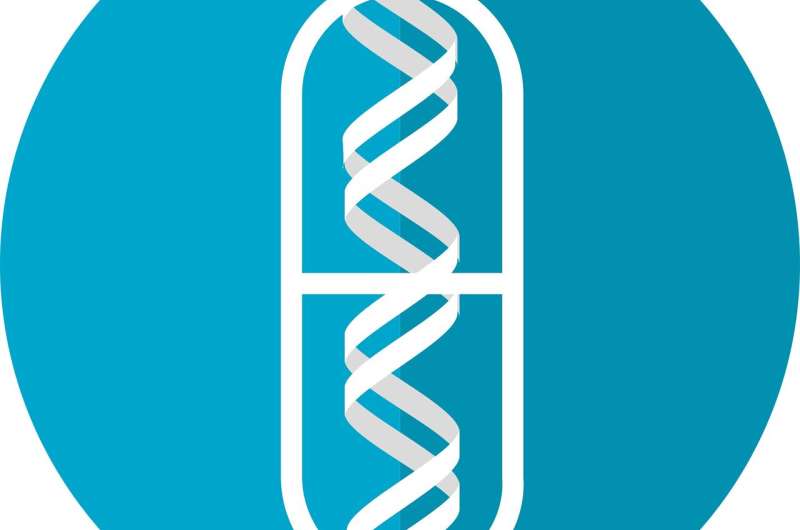Biomarker shows promise for potential treatment of facioscapulohumeral muscular dystrophy

There is currently no effective treatment for facioscapulohumeral muscular dystrophy (FSHD), one of the most common neuromuscular diseases, which is caused by an abnormal expression of the transcription factor DUX4. Investigators have now identified a novel promising biomarker, interleukin-6 (IL-6), that correlates with the severity of FSHD. This has the potential to clinically manage the disease and help to assess the efficacy of potential FSHD treatments. Their study is published in the Journal of Neuromuscular Diseases.
"FSHD has a high degree of clinical variability and a lack of treatment for patients," explained lead investigator Sabrina Sacconi, MD, Ph.D., Université Côte d'Azur, Centre Hospitalier Universitaire de Nice, Hôpital Pasteur Centre, and Fédération Hospitalo-Universitaire Oncoage, Nice, France. "There are currently a number of companies in the race to develop such treatments. However, the extreme variability and the unpredictable progression of FSHD complicate the development of sensitive outcome measures and biomarkers, which can impede the development of new therapeutics. The emergence of the unified model for FSHD, i.e., abnormal toxic expression of DUX4 and its target genes, brings hope for the development of therapy to treat this disease, as it provides therapeutic targets."
Given the central role of inflammation in FSHD pathophysiology, investigators retrospectively measured the levels of 20 pro-inflammatory and regulatory cytokines in serum cytokines in 100 adult patients with FSHD1 (51 males and 49 females) to identify potential severity biomarkers. Among all the cytokines tested, IL-6 was the only one with a concentration correlating with clinical severity: the more severe the disease is, the more elevated the IL-6 level is. FSHD patients displayed overall IL-6 levels more than twice as high as controls, and patients with milder disease exhibited lower IL-6 serum concentration than those with severe muscular weakness. These results were confirmed in vivo in an FSHD-like mouse model, suggesting that IL-6 can be used as a FSHD severity biomarker.
"Altogether, the results show that IL-6 levels can be used as a potential new disease severity serum biomarker for FSHD1 patients," said Dr. Sacconi. "This is a crucial milestone in the search for an effective FSHD therapy. The identification of serum IL-6 as a potential severity biomarker will help us assess the efficacy of newly developed compounds and stratify patients in natural history and clinical trials. It brings hope for the development of therapies to treat this disease."
FSHD is one of the most common muscular diseases in adults. The disorder gets its name from muscles that are affected in the face (facio), around the shoulder blades (scapulo), and in the upper arms (humeral). Other arm and leg muscles may be affected in the course of the disease. The degree of muscle weakness may be asymmetrical, differing from one side of the body to the other. The most common form, called FSHD1, is usually inherited as an autosomal dominant genetic condition that results in DUX4 retrogene toxic expression in skeletal muscles.
More information: Marilyn Gros et al, Identification of Serum Interleukin 6 Levels as a Disease Severity Biomarker in Facioscapulohumeral Muscular Dystrophy, Journal of Neuromuscular Diseases (2021). DOI: 10.3233/JND-210711

















